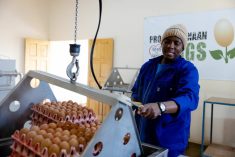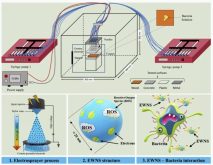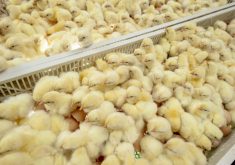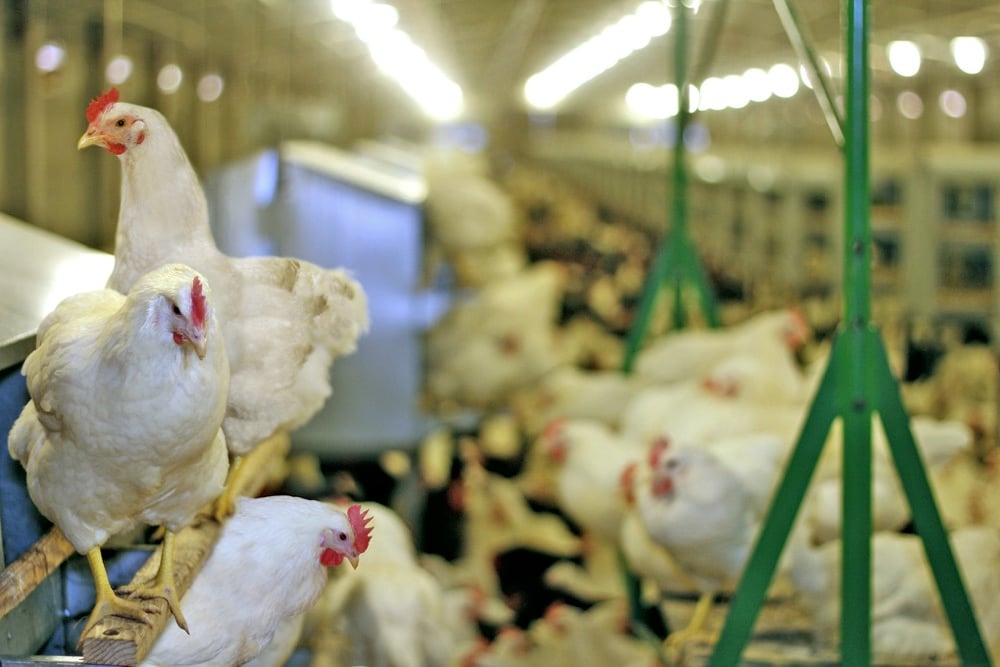American company NestFresh will begin marketing eggs from in-ovo sexed chickens this year, a feat it’s touting as a leap forward for animal welfare.
In-ovo sexing refers to the use of technology to gender-type chicken embryos before they hatch, avoiding the standard practice of euthanizing day-old male chicks. Male-determined eggs are removed from setters in the second third of the incubation period, which is believed to be before embryos have developed the ability to feel pain.
Why it matters: Poultry is joining livestock sectors like dairy in getting better control of the sex of the next generation.
Read Also
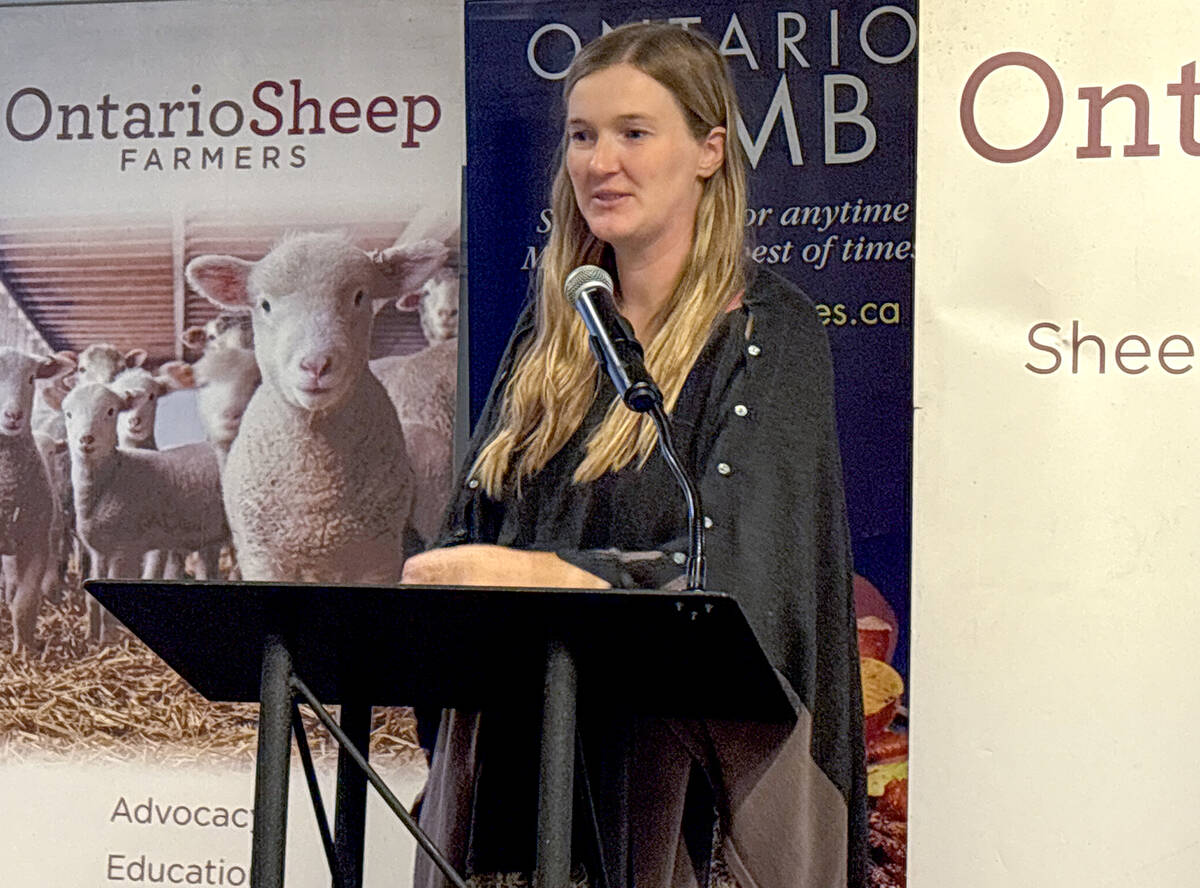
Footflats Farm recognized with Ontario Sheep Farmers’ DLF Pasture Award
Gayla Bonham-Carter and Scott Bade, of Footflats Farm, win the Ontario Sheep Farmers’ 2025 DLF Ontario Pasture Award for their pasture management and strategies to maximize production per acre.
NestFresh announced on Dec. 17 it had delivered a flock of in-ovo sexed chicks to a farm in Texas. It will begin marketing eggs in June.
“By being the first U.S. egg company to adopt in-ovo sexing technology, we are tackling one of the most difficult ethical issues in egg production and raising the standard for animal welfare — starting before our hens are even born,” said Jasen Urena, executive vice-president of NestFresh, in a news release.
The company uses a German-designed system called CHEGGY, which analyzes light spectra to determine sex based on feather colour, the company said.
CHEGGY, offered through Agri Advanced Technologies, is one of several technologies developed in recent years for in-ovo sexing. Some European countries, including France and Germany, have banned the killing of day-old male chicks, which has forced producers to raise the roosters for slaughter.
In Canada, Egg Farmers of Ontario and Egg Farmers of Canada have partnered with Quebec-based imaging company MatrixSpec Solutions to develop similar technology.
That technology, called HyperEye, uses a non-invasive method to check fertility and sex before incubation, the two egg sector organizations said in an emailed statement. HyperEye is stand-alone technology and can be built into hatchery processes.
MatrixSpec Solutions is scaling up testing capacity and validating HyperEye, which has been in development for about 10 years.
“We hope to be able to provide a more wholesome update on the project in the near future; however, we can’t give an estimated timeline on this,” the farm groups said.







